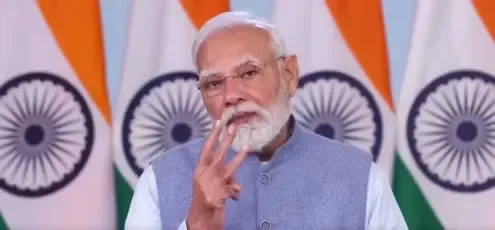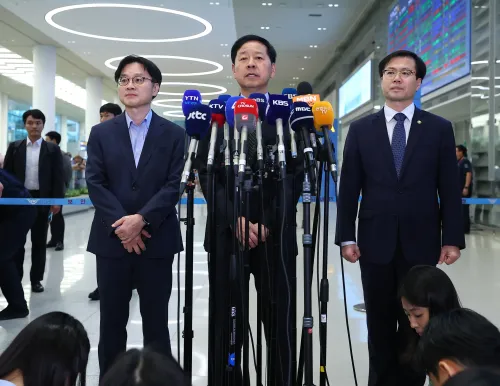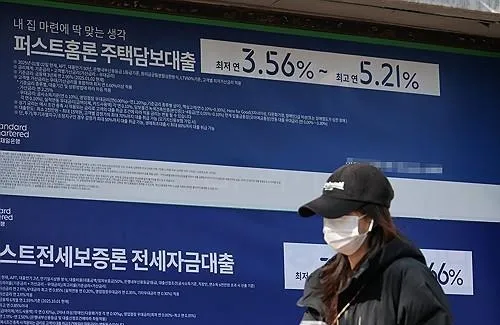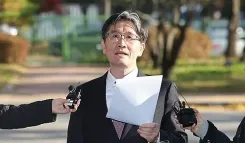RBI Deputy Governor: IBC Aids Banks in Recovering ₹10 Lakh Crore from Non-Performing Assets
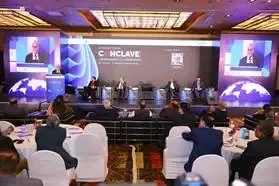
New Delhi, Dec 8 (NationPress) The Insolvency and Bankruptcy Code (IBC) has been instrumental in enhancing the quality of bank assets and enabling substantial pre-admission settlements of debts totaling over ₹10 lakh crore since its establishment in 2016, as reported by RBI Deputy Governor M. Rajeshwar Rao.
Speaking at an international conference titled "Insolvency Resolution: Evolution & Global Perspective," Rao emphasized the significance of teamwork among stakeholders, concentrating on restructuring and revitalization. He suggested that in-depth analyses of IBC cases could yield valuable insights for future lending practices.
While recognizing the impressive strides taken in cleaning up banks' balance sheets, the Deputy Governor also pointed out potential areas for enhancement during the conference organized by the Insolvency and Bankruptcy Board of India (IBBI) in collaboration with INSOL India, as per a statement from the Ministry of Corporate Affairs released on Sunday.
During his speech, IBBI Chairperson Ravi Mital underscored the adaptability and transformative potential of the Code, highlighting its role in dismantling the "defaulters' paradise" by fostering significant behavioral changes in the debtor-creditor relationship. He noted the impressive resolution of over 28,000 cases prior to admission and addressed challenges like the urgent need for value preservation.
Mital accentuated IBBI's proactive stance, detailing essential regulatory reforms aimed at minimizing delays and optimizing asset value. He also mentioned the consideration of innovative strategies such as mediation, creditor-led resolution processes, and group insolvency mechanisms.
Former State Bank of India Chairman Rajnish Kumar delivered a special address, sharing insights from his experience during the early phases of the IBC. He characterized the IBC as one of the most crucial economic reforms, emphasizing its transformative effects on the banking landscape. He stressed that the true success of the IBC should not be gauged solely on recovery rates but should also consider its broader impacts on reshaping the debtor-creditor dynamic and improving the overall health of the banking sector. He highlighted the importance of the Committee of Creditors (CoC) in pursuing the overarching goal of value maximization.
INSOL International Technical Director Sonali Abeyratne outlined the organization's primary functions and recent initiatives in her address. She specifically mentioned INSOL International's collaboration with INSOL India and emphasized the significance of international cooperation and the exchange of global best practices in insolvency resolution.
Dinkar Venkatasubramanian, President of INSOL India, delivered a welcome address, tracing the evolutionary path of the IBC in India. He highlighted the Code's substantial influence on the insolvency resolution landscape and outlined INSOL India's recent efforts to bolster the insolvency ecosystem within the country.
SBI Managing Director Rana Ashutosh Kumar Singh, during his keynote address, shared lenders' perspectives on the Code, emphasizing its remarkable evolution and significant contributions. Drawing from his international experience with insolvency frameworks, Singh praised the IBC's transformative effects on bank profitability and asset quality. He stressed the critical importance of maintaining bank health as a foundational element in achieving the vision of Viksit Bharat and offered constructive proposals for further enhancement.

